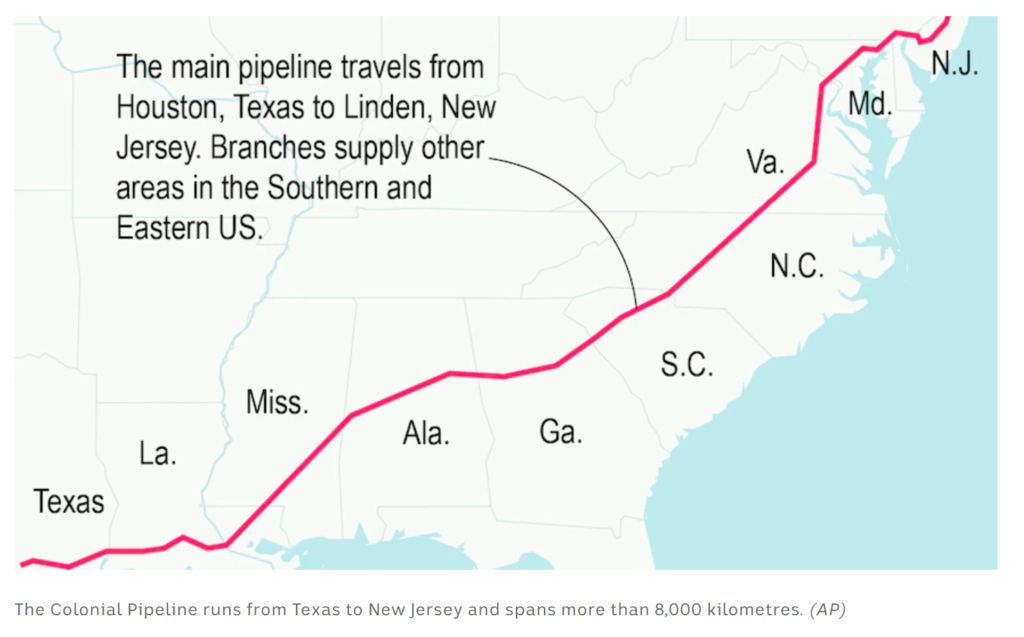Link:https://www.wsj.com/articles/banks-share-data-to-block-cyberattacks-11632389402
Graphic:
Excerpt:
Competing banks are cooperating more than ever before to beat cybercriminals.
As the number and sophistication of cyberattacks jumps, financial firms are sharing more threat intelligence with each other, according to the Financial Services Information Sharing and Analysis Center, a nonprofit group that facilitates the exchange of cybersecurity intelligence.
This collaboration has thwarted a number of attacks in the past year, bank executives say.
In September 2020, Santiago, Chile-based Banco Falabella became concerned it would soon come under attack by hackers.
Distributed denial of service attacks, which flood servers with traffic to shut down websites and applications, were rippling across the financial sector as part of a long-running extortion campaign. Meanwhile, certain criminal gangs were besieging Latin American companies in particular with ransomware attacks.
Author(s): James Rundle
Publication Date: 23 Sept 2021
Publication Site: WSJ
